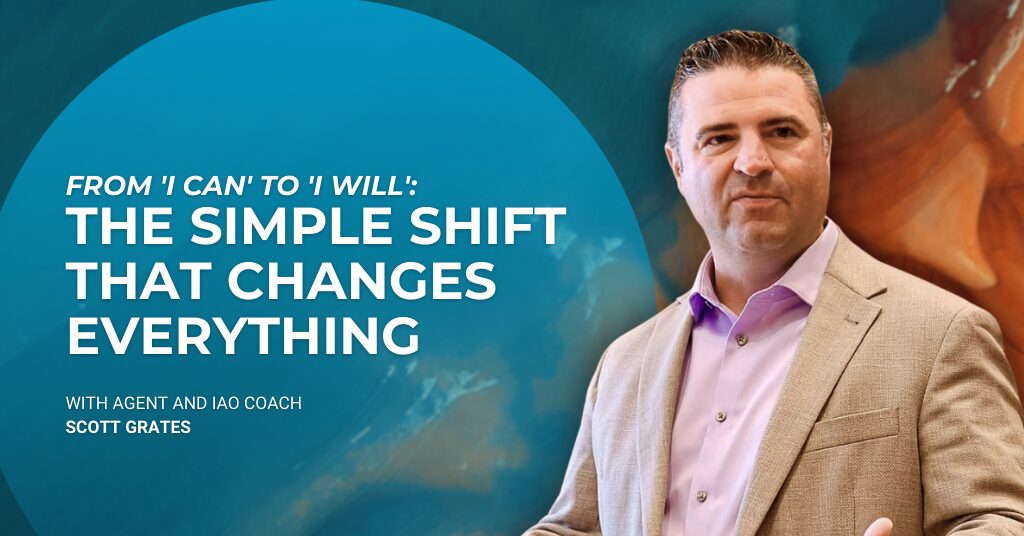
I had the opportunity to be part of a panel of insurance agents for an insurance forum. The panelists were agents from three different well-known companies. And the topic of the panel was to discuss…
What makes high-performing Team Members high performing?
What do they do that’s different?
I’m a big believer in common denominators to success.
It doesn’t matter what industry you’re in.
It doesn’t matter what product or service you offer.
It doesn’t matter which company you represent.
If you take high performers out of their current environment and put them in any other environment, they will become high performers in that environment as well because they understand that there are common denominators to success.
They do the little things that other people won’t do and don’t do.
In this blog I’m sharing five things that I talked about on the panel that I believe are the common denominators that make high-performing team members in our industry tick.
If you’re a team member reading this, do a little self check for each point. How many of these are you consistently doing?
If you’re an agent watching this without your team present, please have this conversation with them.
5 Common Denominators of High-Performing Sales Teams
- They have a plan.
It sounds pretty basic, right? But it’s true that very many people go into their day in a reactive state. They wait for the day to come to them.
But, not high performers. They approach the day in proactive mode.
They make a plan. They have specific actions and activities that they know they have to do, they quantify them with specific numbers and they work like crazy to get to where they need to be based on the plan.
2. They know the score.
You can ask a high performer where they are in relation to their daily goals and they can tell you. If they’re behind they know they’ve got to catch up, if they’re ahead they want to put their pedal to the metal and absolutely crush that day and widen that gap.
3. They play to win.
In fact, high performers are obsessed with winning (maybe secretly, but they are obsessed).
When they have this clearly defined winning day, then they become very intentional with their actions and activities. This might even include delegating or declining things that do not move them closer to winning that day. They have a laser-like focus on getting the main thing done.
High-performing team members keep their main thing the main thing throughout the day because they hate to lose.
4. They keep it simple.
Too often our brains get in the way of our productivity. We overthink something or we try to reinvent the wheel, we end up holding ourselves back.
Top performers have a way of keeping things very simple. They devise a way to keep things simple. And then consistently follow through on whatever their process is, whatever their system is. They hone in on what they know works.
5. They optimize opportunities.
I wrote a book called Opportunity Optimization, and I did it for a reason.
What separates good to great, great to exceptional, exceptional to the true elite in this industry is those who do not have tunnel vision.
They do not look at a transaction and see it as just a surface transaction, something to get done and move on from. They look for opportunities in every single transaction, every interaction, every conversation.
They ask themselves how they can go beyond what they are addressing with the customer or prospect on the surface.
They’re great listeners. They’re always looking for cues. They’re always looking for different angles. They’re always looking to be a contrarian–how can I be different than everyone else?
If you want to be in the top 10% you can’t do the things that those in the 90% are doing. If you want to be in the top 10% you have to be different. One way to do that in this business is to go beyond the transaction.
You have to optimize every opportunity you have because you may not get that opportunity again. We don’t get to see our best customers as often as we’d like to, almost never in fact.
When we finally do have someone on the phone or in front of us or even engaged in email or text, we have to move into something meaningful beyond the basic service transaction.




